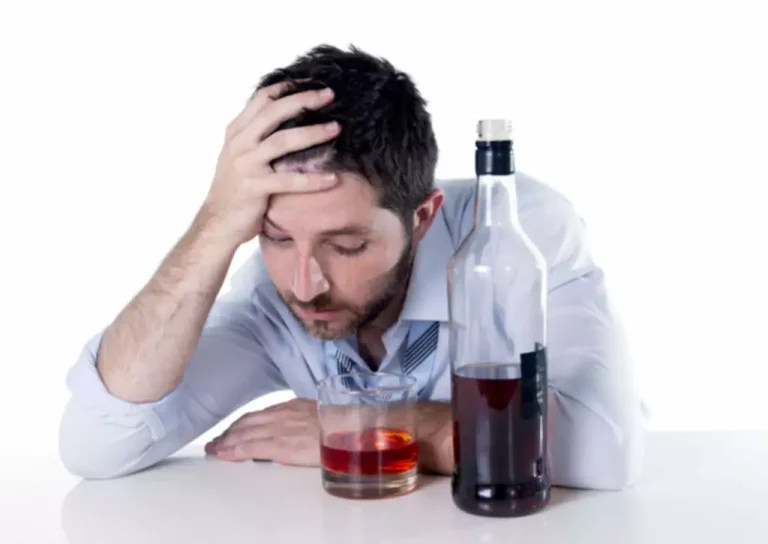
While some research shows that the correlation between migraines and and headaches might be weaker than once stated, roughly 30% of people who experience migraines report alcohol as a trigger. In the same study indicating red wine as a frequently cited migraine trigger, vodka (which alcohol triggers migraines is primarily comprised of ethanol and water) was least likely to be cited. While a hangover headache can happen to anyone (usually the morning after drinking too much alcohol), people who experience migraines are more susceptible. People who have frequent migraine attacks may wish to consider migraine prevention medications such as topiramate (Topamax), divalproex (Depakote), propranolol (Inderal), or CGRP inhibitors. A 2016 review notes that alcohol may trigger a tension headache, especially if a person also has migraine.
Why does alcohol cause headaches?
But if you’re prone to migraine headaches, drinking even a small amount of alcohol can bring on an attack. Immediate alcohol-induced headaches are rarer than hangovers, and even a small amount of alcohol might trigger them in people who, for instance, experience migraines. One hypothesis is that red wine causes migraine due to high levels of certain compounds called flavonols, particularly quercetin. This compound might inhibit the body’s ability to break down alcohol, leading to the buildup of a substance called acetaldehyde, which could result in headaches. The next step could be to give human subjects two red wines that are low and high in quercetin and ask whether either wine causes a headache. If the high-quercetin wine induces more headaches, we’d know we’re on the right track.

Alcohol: A Trigger for Headaches and Migraines
Biogenic amines are nitrogenous substances that are similarly found in many fermented foods and drinks. Waterhouse and Devi measured how quercetin slows down the process of the enzyme ALDH breaking down acetaldehyde, which is produced in the human body when breaking down alcohol. If you’re willing to take a chance, look for an inexpensive, lighter red wine.
Drinking without fear

However, alcohol is traditionally considered a migraine trigger, with some research suggesting that it prompts episodes in about one-third of people. Rosen said some people he treats report being triggered by simply smelling alcohol. June is National Migraine and Headache Awareness Month (MHAM), which is a great opportunity for communities to spread awareness about suffering from headaches and migraine. So with that goal in mind, we spoke to a number of physicians specializing in headache and migraine treatment as well as addiction medicine to find out exactly why drinking may trigger a headache.
A person drug addiction may experience migraine after drinking if they are susceptible to it. Some people may experience an alcohol-related migraine between 30 minutes and 3 hours after drinking. Many things can trigger a migraine, from stress at work to changes in the weather to foods like aged cheese. And for about one-third of people who have migraines, alcohol is also a trigger. While migraine is a common disease that affects 39 million Americans, no two migraine experiences are the same. Symptoms can vary from light sensitivity and dizziness to food cravings or body chills.
How to Know if You Have Migraine or Sinus Headache
- Migraine is a disabling disease that no one should have to go through alone.
- Alcohol may trigger migraine attacks, and it’s very unlikely to ease them.
- The relatively low number of cluster-headache studies also does not allow an assessment of any correlation with alcohol drinking.
- Talk with a doctor about ways to identify your migraine triggers and what to do if you develop these headaches.
In two cases, questionnaires were supplemented by medical interviews 53, https://ecosoberhouse.com/ 61. The rest of the studies were based on information obtained during a medical interview 26, 27, 44. A 2019 study recognized alcoholic beverages, especially red wine, as a migraine trigger factor for people with migraine. If you’ve identified alcohol as a trigger for your migraine headaches, avoiding it altogether is probably best. The same is true if you find that some types of alcohol trigger your migraine headaches more than others.

Avoiding migraine attacks when you drink
When migraine sufferers, also called migraineurs, are asked to list their food and beverage migraine triggers, alcohol is named the most often. A second explanation for the results presented in our meta-analysis might encompass a certain protective role of alcohol with regards to migraine. However, according to this idea, populations with higher migraine prevalence should have lower alcohol consumption. For example, due to religious requirements, people in Iran consume considerably less alcohol than Europeans 22, 84; nevertheless, migraine prevalence in Iran is 15.1% 85 while in Europe it is 35% 86. In Europe, alcohol consumption is higher than in Asian countries, but in Europe alcohol as a trigger is reported more frequently than it is in Asia 87.
As dehydration can cause headaches, staying hydrated when consuming alcohol is key. Aim to drink plenty of water before, after, and during alcohol consumption. Genes that play a role in opioid, serotonin, and dopamine systems also influence alcohol sensitivity. These genes may affect the likelihood of experiencing symptoms such as headaches after drinking small amounts.


Each time you drink, write down the type of alcohol you have, the amount, and if and when you had a migraine. Include how you felt the prior 48 hours as well as any stress or anxiety you were under at the time. A migraine each time you have a night out should be a good reason to abstain. But if you’re prone to migraine headaches, you’ll need to be careful about how much you drink.
